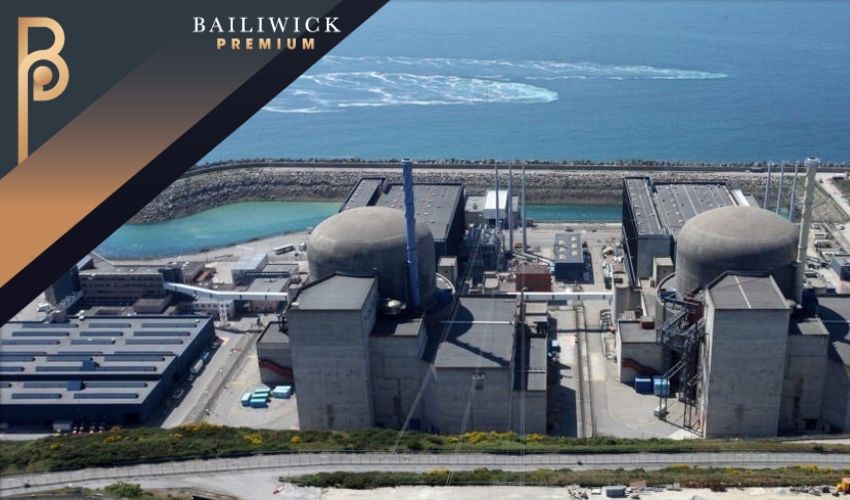


What are the issues of having a nuclear neighbour? And who's keeping an eye on it in case things go wrong?
With energy security and soaring prices dominating the headlines since Russia’s invasion of Ukraine, France’s reliance on nuclear power has become a topic of debate, Express decided to speak to the island's emergency planning officer...

Continue reading this article
Log in or sign up for an AIM Plus account now to read this story.
Get more from AIM Plus
Comments
Comments on this story express the views of the commentator only, not Bailiwick Publishing. We are unable to guarantee the accuracy of any of those comments.